Will my scar be red and swollen?
Probably you will see a slight redness and swelling along the incision or find a small amount of pink draining from the scar area. These symptoms are normal. If there is a lot of redness and swelling or pus around the area or if you have heavy bleeding, call the doctor right away. Your scar will be red for a while but will soon fade in color.
What if when I ask for a separate procedure for the biopsy, the doctor says that I will be doubling my risk of undergoing general anesthesia twice?
Your doctor, if he uses this argument, has overlooked the fact that a general anesthetic is not usually needed for a biopsy. In most cases, a biopsy can be performed under local anesthesia, with the patient fully conscious or, if she prefers, semiconscious. Most biopsies are now performed on an outpatient basis.
What happens next if the pathological report shows that the tumor is cancerous?
Eight out of ten times, the lump will prove to be benign, but if the report shows the tumor to be cancerous, the next step will be for you to have a metastatic examination or workup. The workup may involve bone and sometimes liver scans to see if the cancer has spread. In addition, a chest x-ray, blood studies, and mammogram all of which have probably already been done will be part of the decisionmaking process before the treatment is decided upon.
I am about to go into the hospital for a biopsy for a lump in my breast. I am very depressed. Is it normal for me to feel this way?
It is not unusual for women who are about to have a breast biopsy, and possibly face having breast cancer, to be very distressed. Studies show that women, particularly those who have had a friend or relative with cancer and are now facing that possibility themselves, tend to be depressed. On the other hand, there are some women who are optimistic in this situation, either feeling that the lump will be benign or that their doctor will be able to take care of it. It is important, if you can, to discuss how you feel with someone. Some people find it easy to talk with their husbands or their mothers, sisters, or close friends. Others feel more at ease talking with someone who is not close to them such as one of the members of the hospital team. If you are in the hospital and feel you need this kind of discussion, ask for a cancer nurse, a doctor, social service worker, or the chaplain. There is also a toll free cancer information service where trained volunteers can help answer your questions and discuss alternative kinds of treatment with you.
How does the doctor classify the stages of breast cancer when it is found?
Staging will usually include three sets of letters and numbers. The first two in the classification column grade the tumor size, the second two indicate the nodal involvement, and the third pair relate to whether or not the tumor has metastasized.

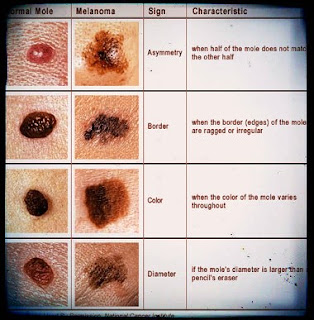
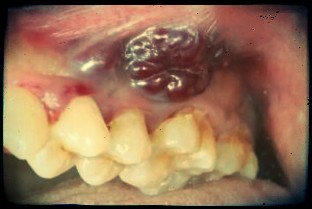
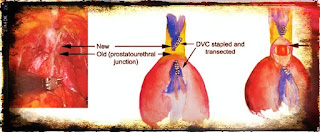
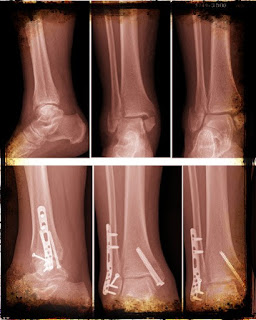
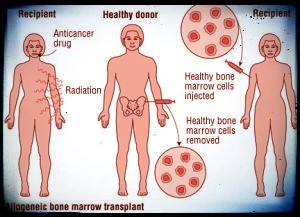

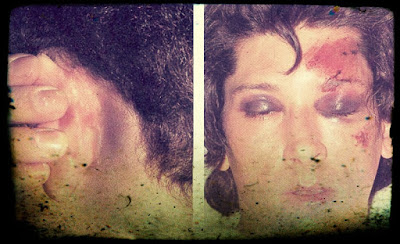
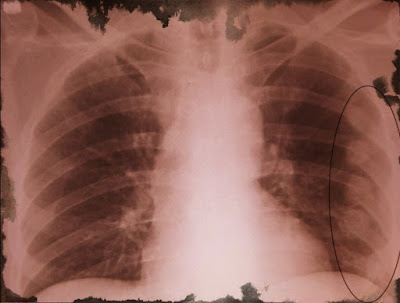


Comments
Post a Comment